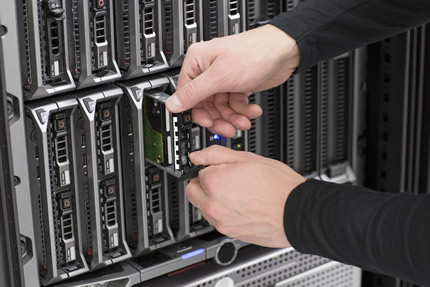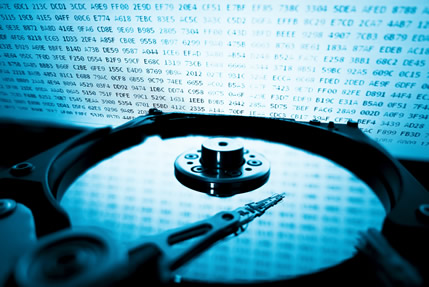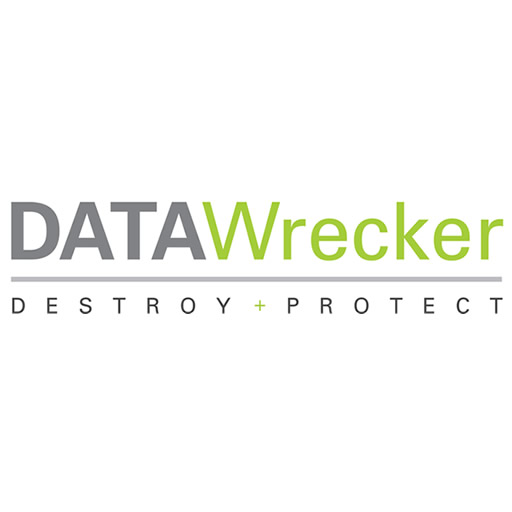
Data Destruction

Destroy the Data!
Whether you use a computer for work or personal reasons, one thing that is certain is that your computer’s hard drive will go bad with age, and you’ll eventually need to replace it. However, one of the biggest mistakes you can make regarding hard drives is to assume that the data on the hard drive can no longer be accessed just because the hard drive itself is no longer functioning properly, especially if any sort of sensitive data was stored on that hard drive. With how data recovery methods have evolved over the years, anyone with the proper knowledge and malicious intent can extract information from a seemingly non-functional hard drive, including passwords and financial credentials, and use it against you. If your computer or server belongs to a business, there’s even more reasons to be concerned: information such as customer databases, employee credentials, and confidential emails can be leaked to the public and can cause massive damage to your company and its image.

You might think the data is all gone, but it can still be there! (And often is!)
The only way to make sure that your private information remains safe when disposing of an old hard drive is to destroy it before throwing it away. Simply deleting files from a hard drive is ineffective as when a file is deleted “permanently”, leftover bits of its data remain and the deleted file can be restored. Even overwriting a file or reformatting a hard drive won’t be enough if the troublemaker is determined and equipped enough to extract the data at any cost. On the other hand, you can’t just attempt to destroy the hard drive any way you please while taking personal safety into account. Tossing it into an incinerator will release toxic fumes from the device’s metals and can pose a threat to anyone in the area or the environment. Microwaving a hard drive requires the microwave to run for a long time and can risk the microwave sparking or catching fire due to the metal inside. Taking a hammer to the disk drive may cause bits of metal and glass to be sent flying and can hurt anyone who gets too close. And dipping the device in hydrochloric acid, while very effective, requires special gear and extensive safety procedures to make sure you don’t burn yourself or breathe in fumes.
Call us today for cost effective, safe, and responsible process to protect your old data.


